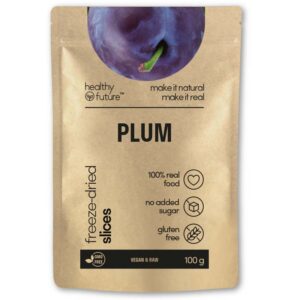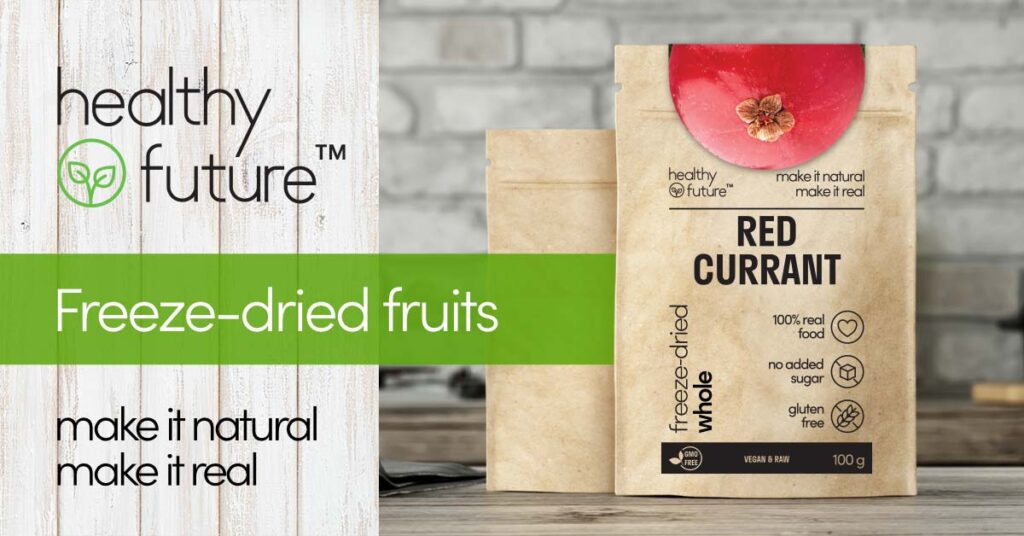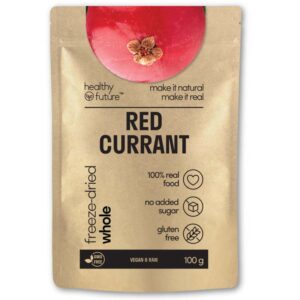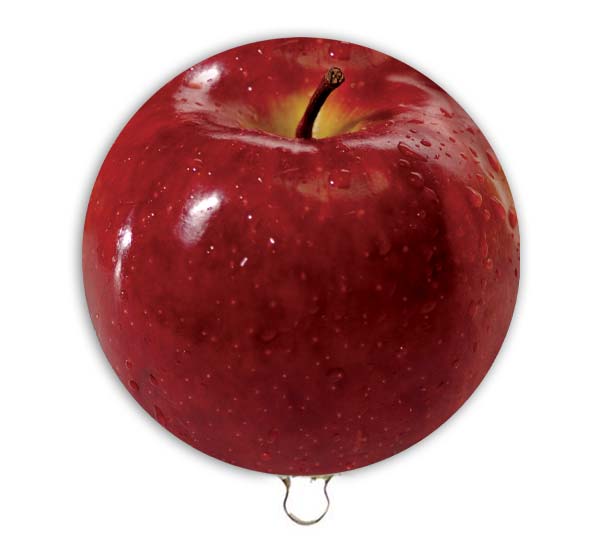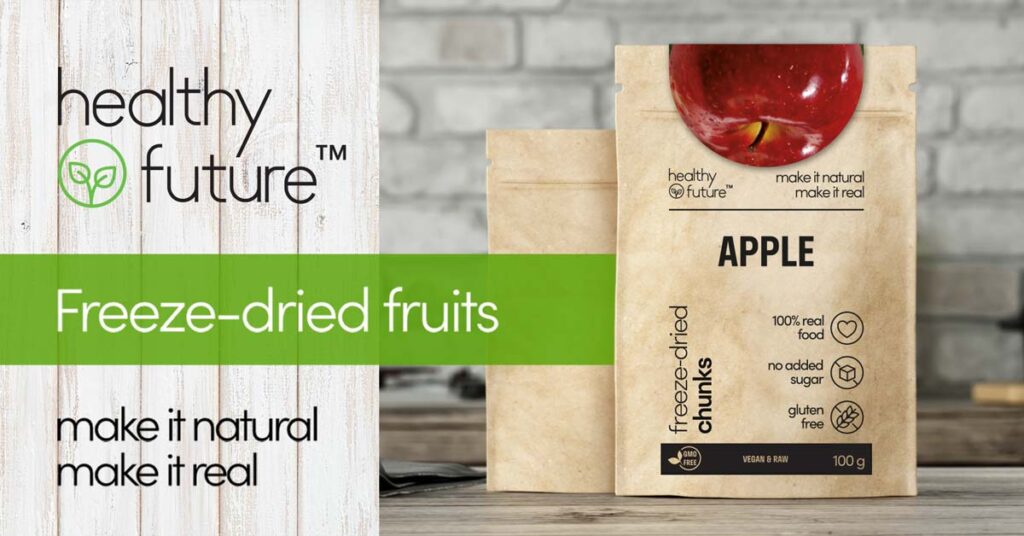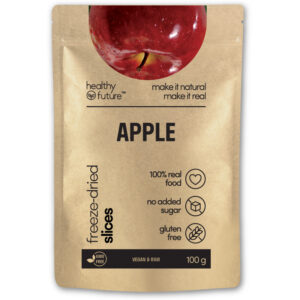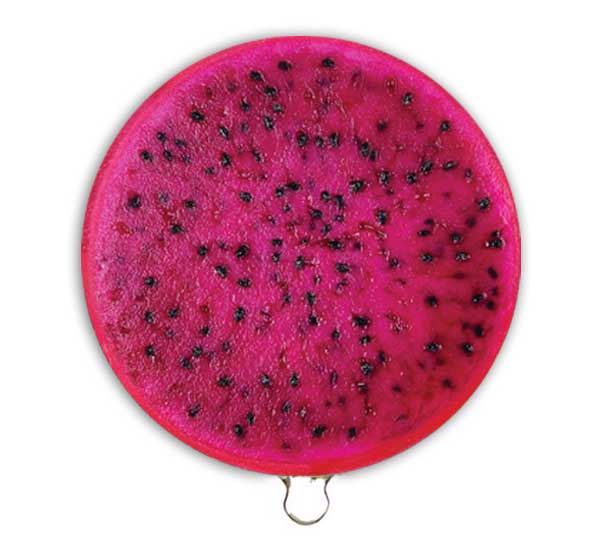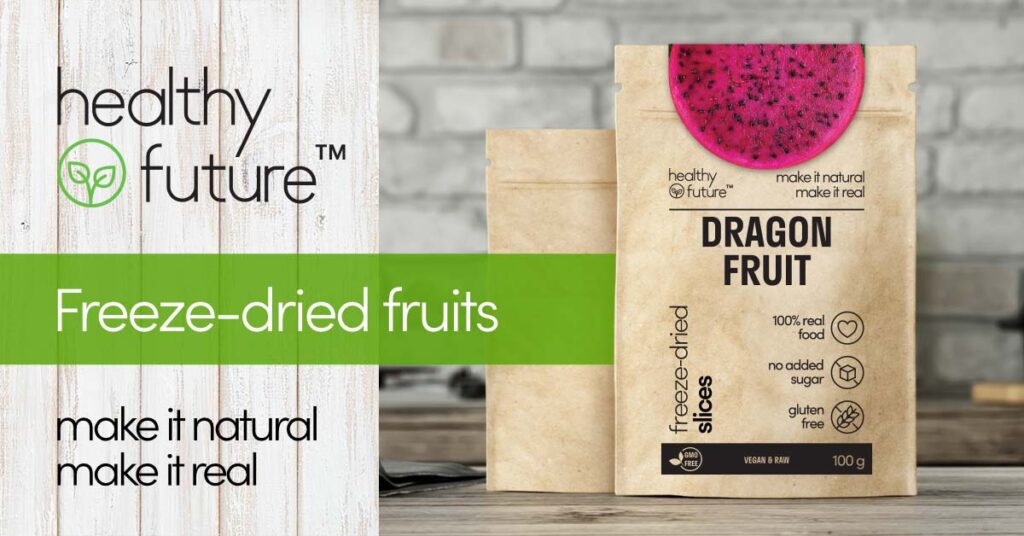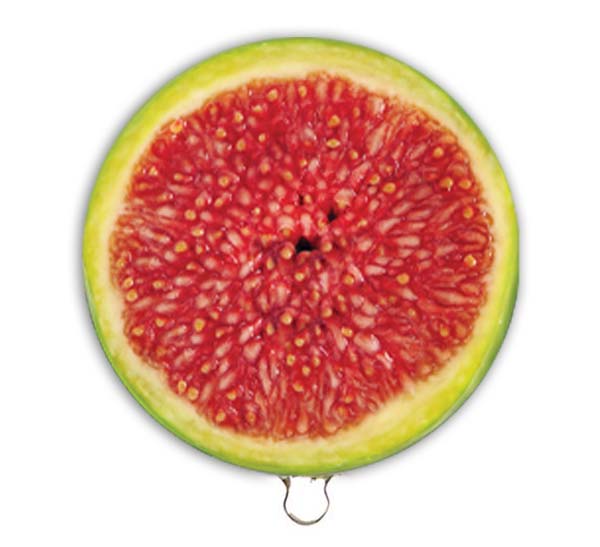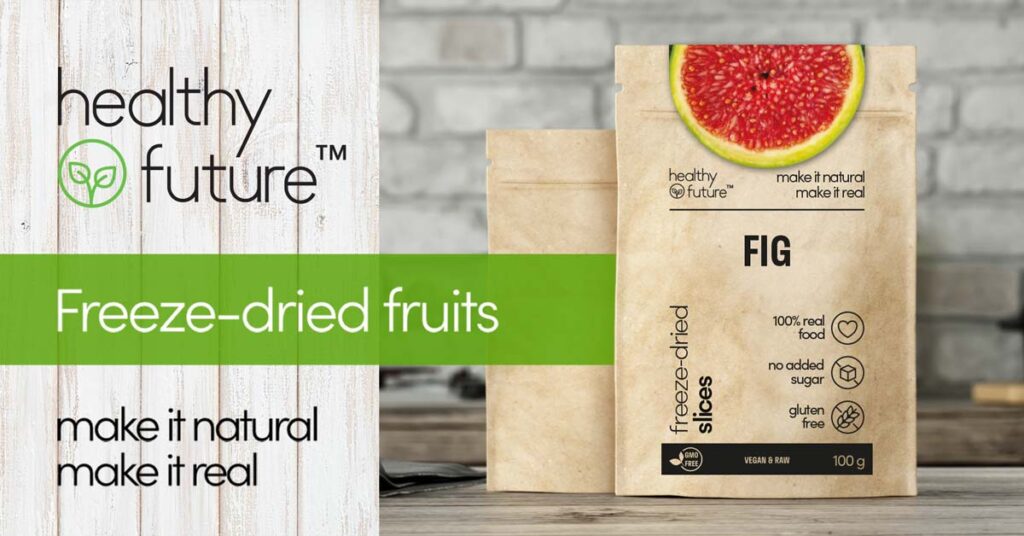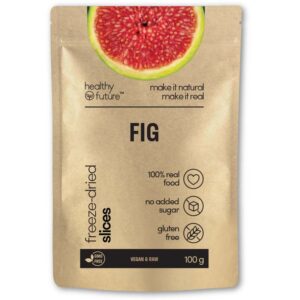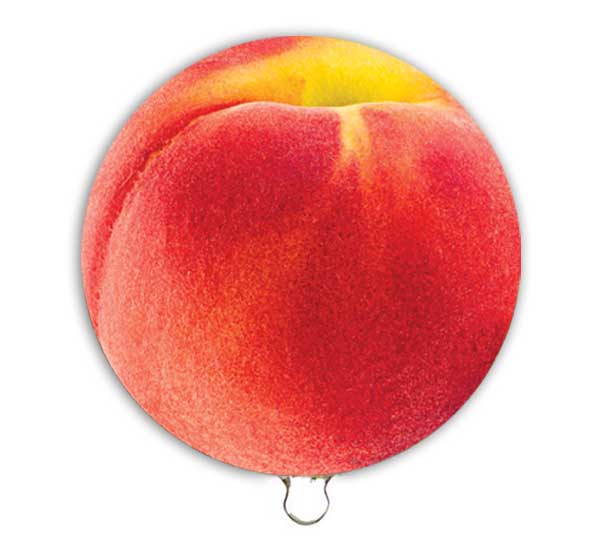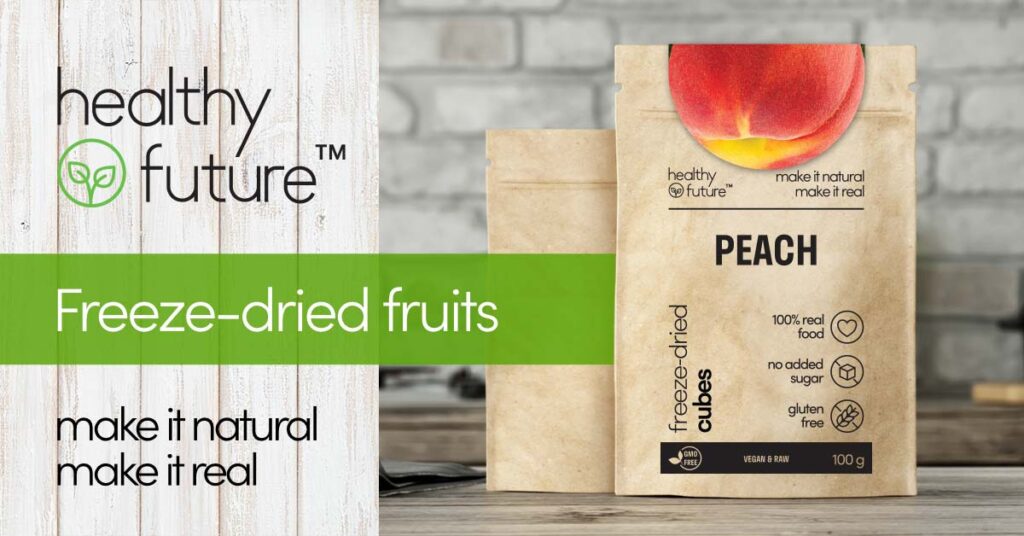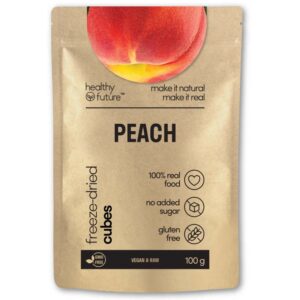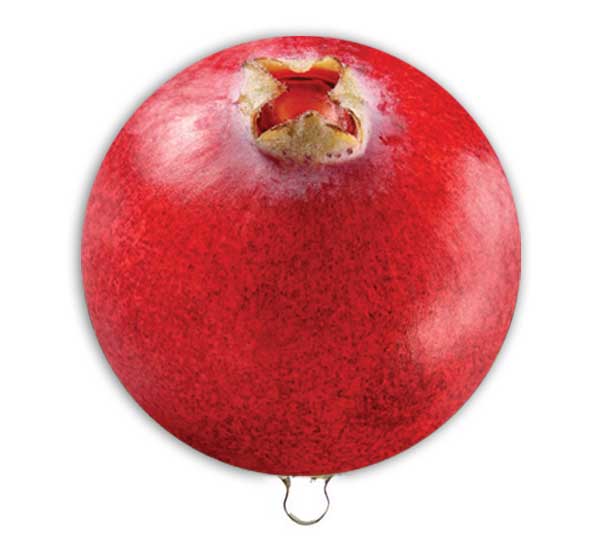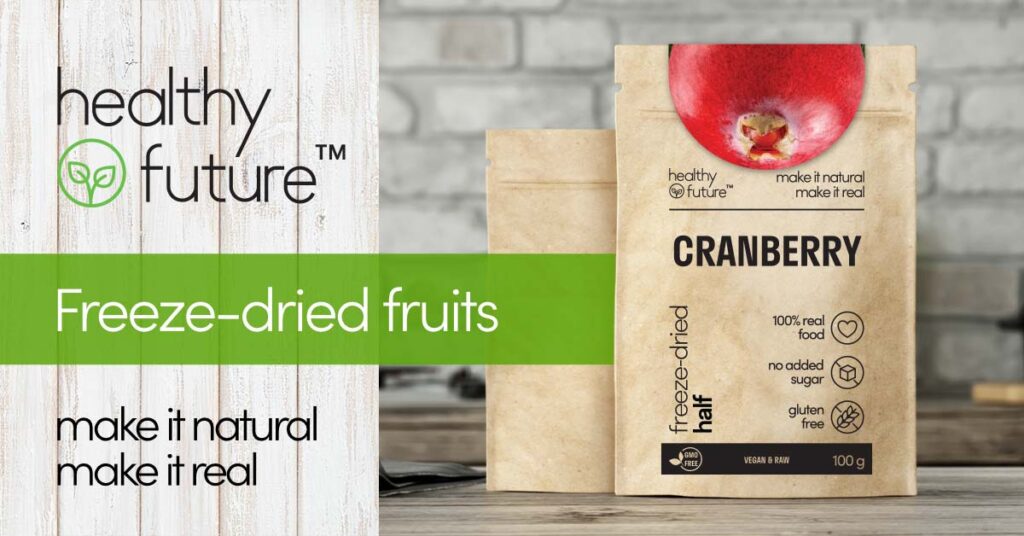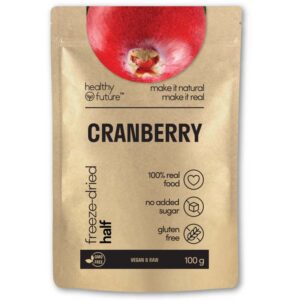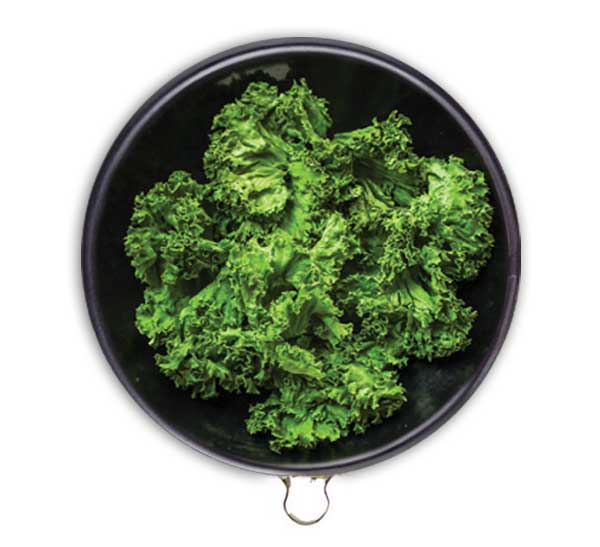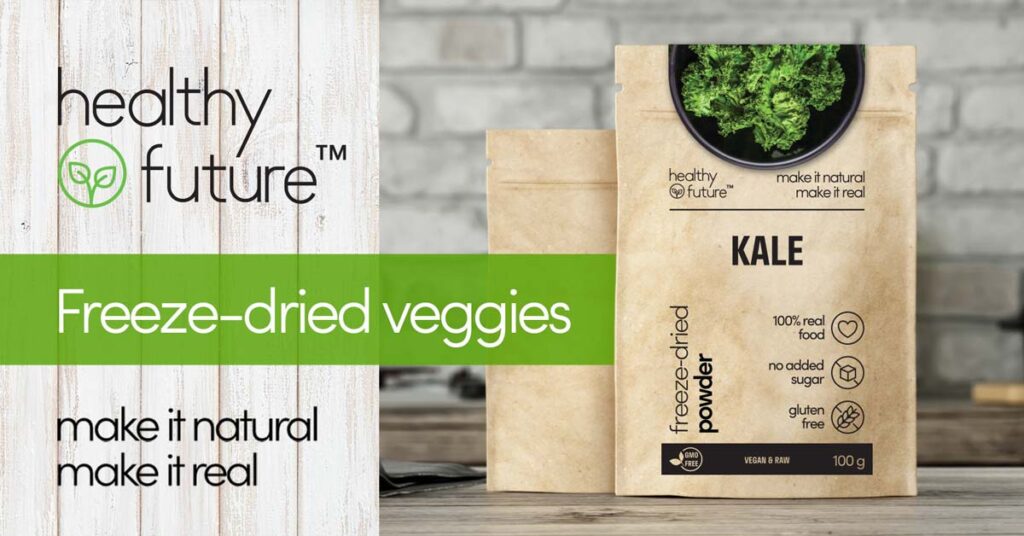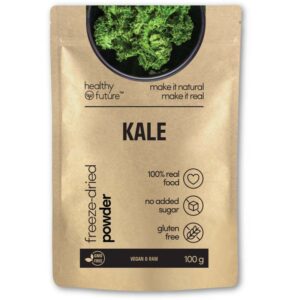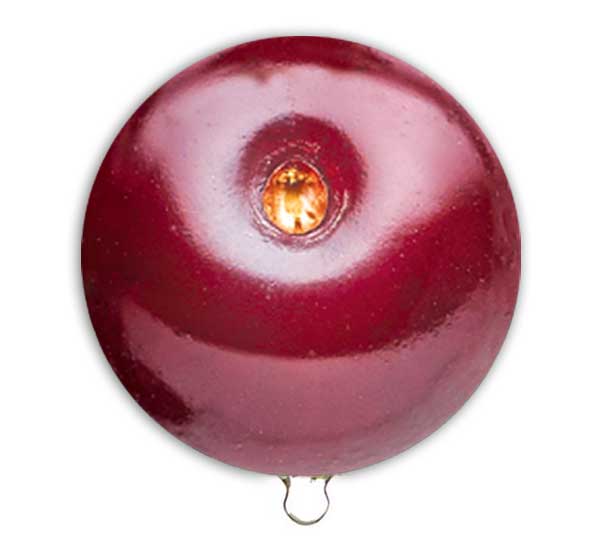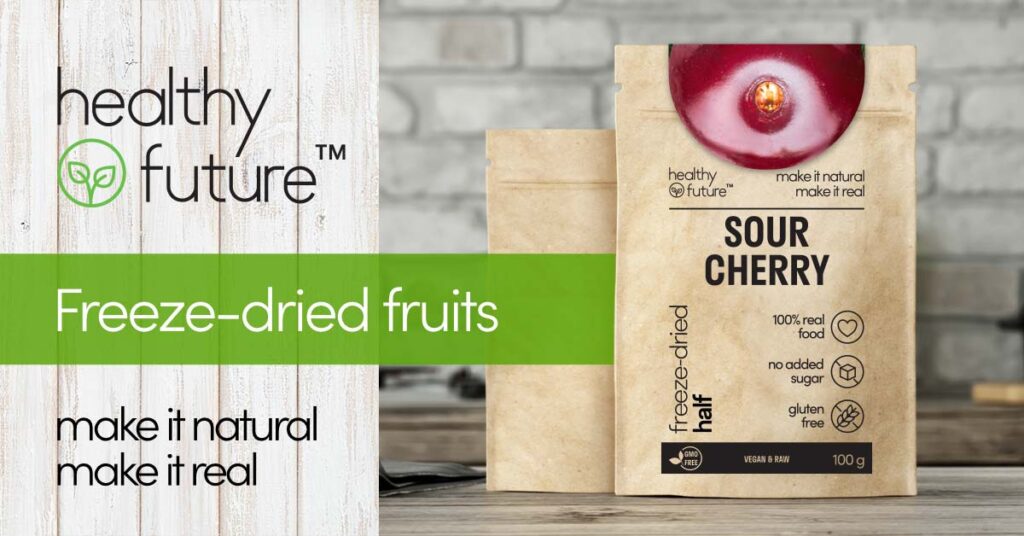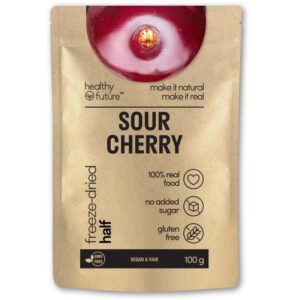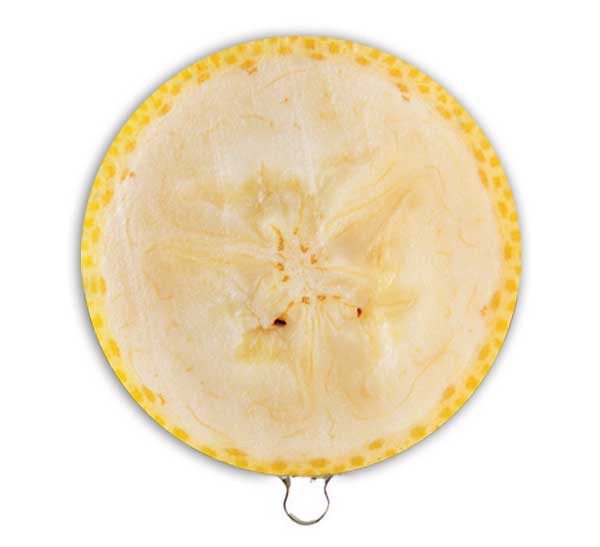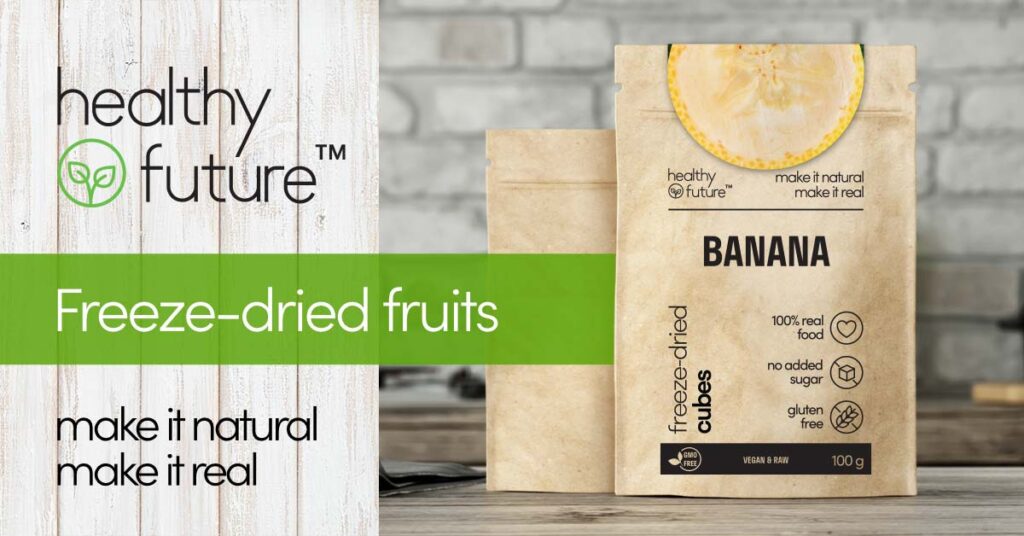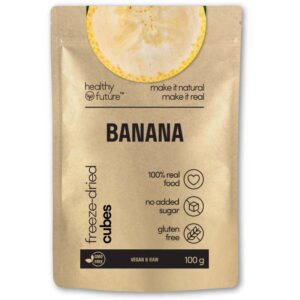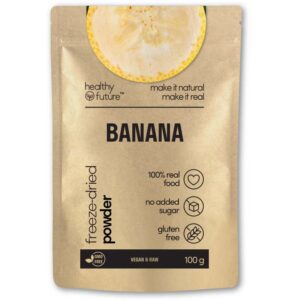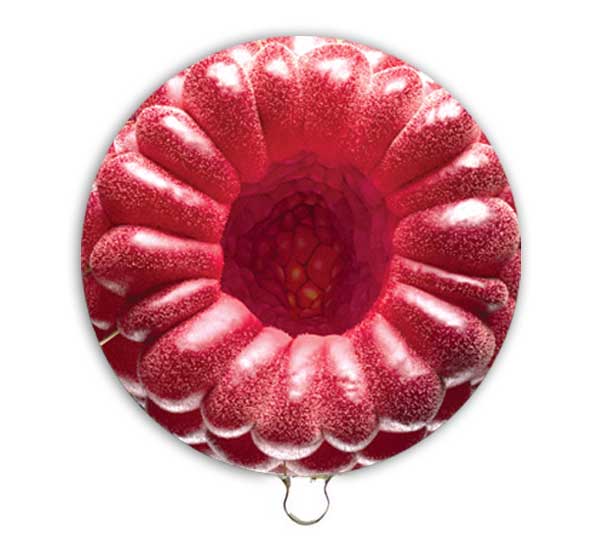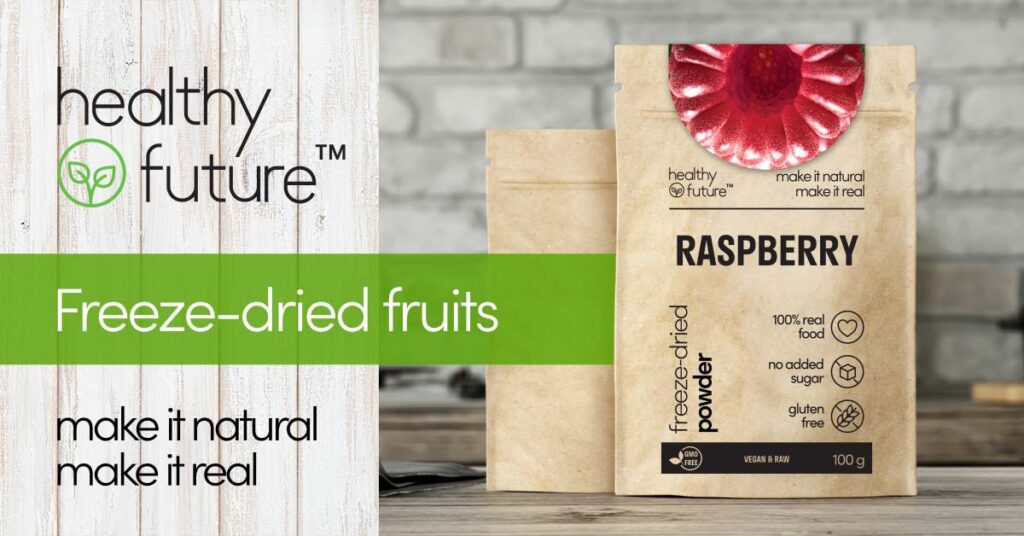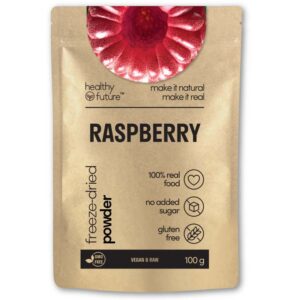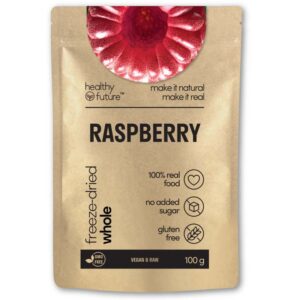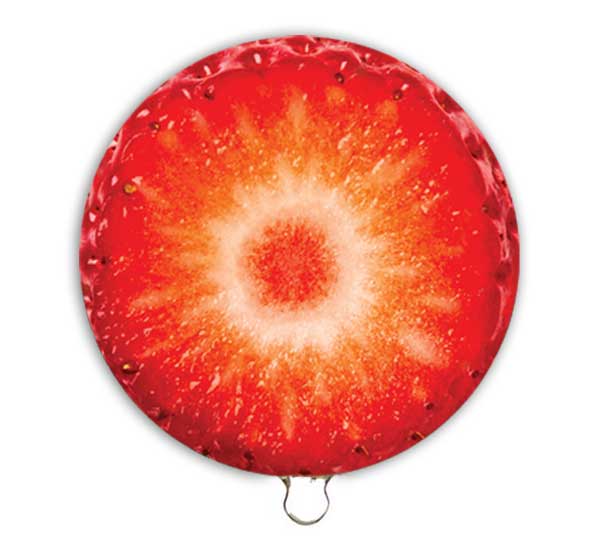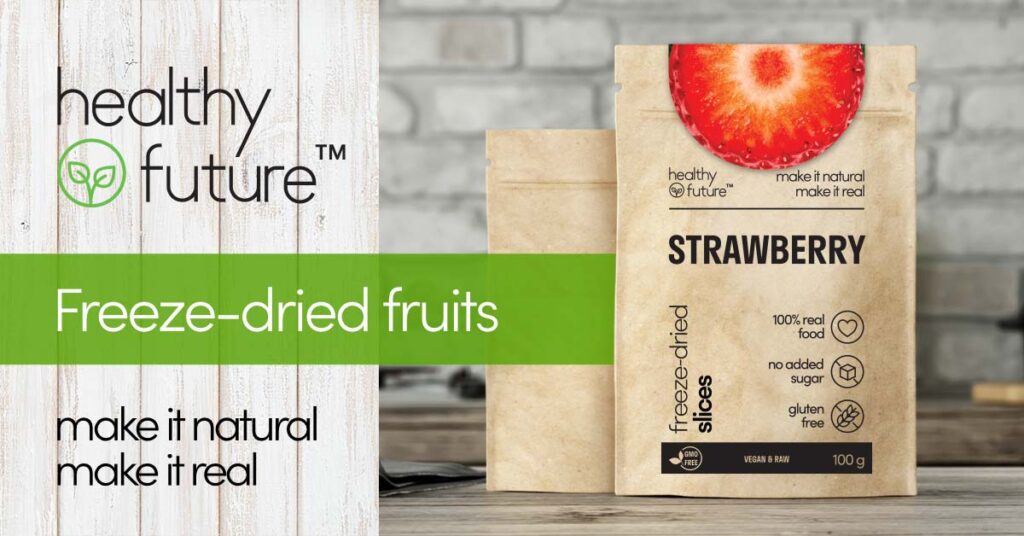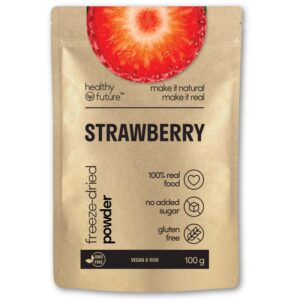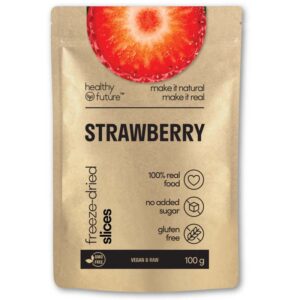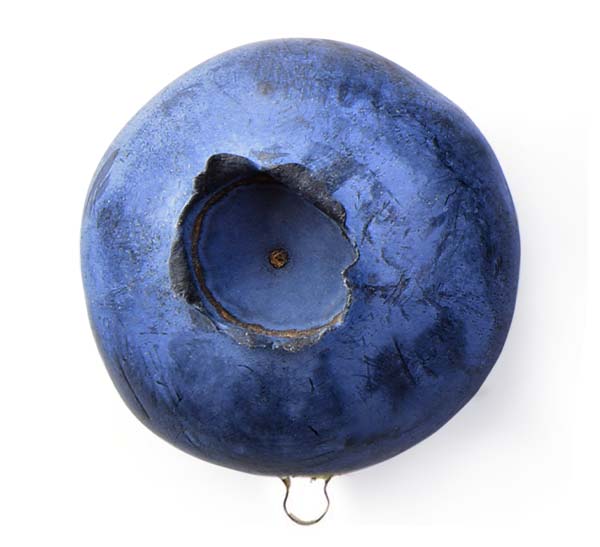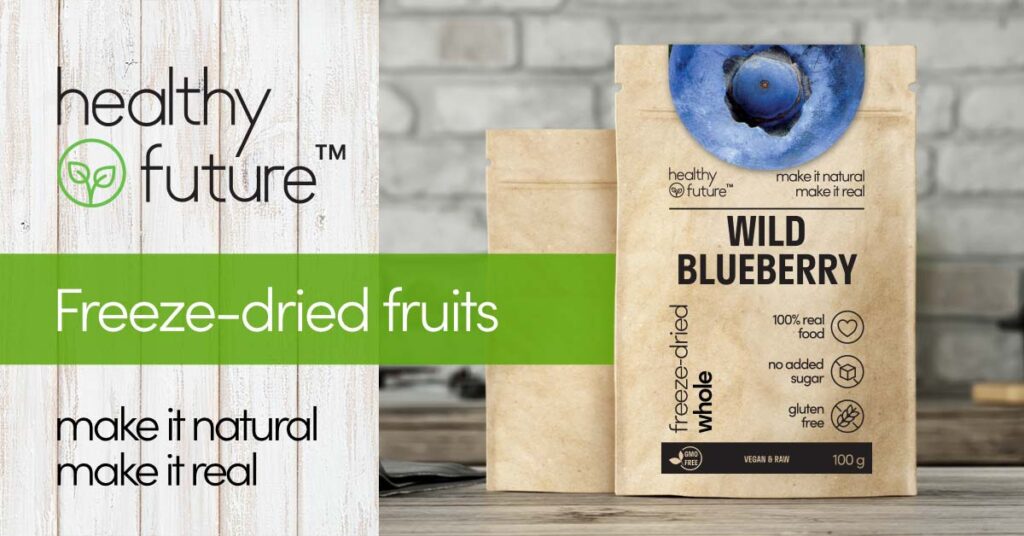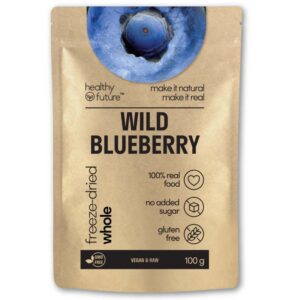Plum
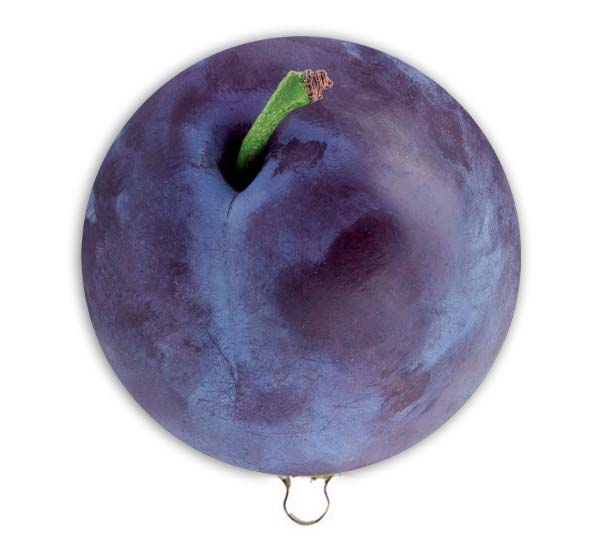
Freeze dried plum
100% natural, vegan and raw, gluten free, no added sugar or sulphur, no preservatives, GMO free
Plums are a remarkable fruit, esteemed not only for their delightful taste but also for their multifaceted health benefits. These nutritious gems have been a staple in dietary and health practices since the 19th century, and they offer a rich tapestry of culinary possibilities, including jams, preserves, and compotes, as well as being a delightful complement to cakes, cold cuts, and meats.
A reservoir of vitamins and nutrients like vitamins A, C, E, B6, and K, along with an abundance of polyphenols, calcium, potassium, and iron, plums are exceptional in supporting overall health. They not only enhance human health with essential organic compounds and a variety of phenols but also demonstrate powerful antioxidant properties and proactive measures against cancer.
Why should we eat plums?
Plums, available fresh and freeze-dried, boast numerous health benefits. Fresh plums are delightful in season, while freeze-dried ones serve as a nutritious snack or ingredient year-round due to their concentrated nutritional and antioxidant properties. Plums, natural laxatives, aid intestinal function and help prevent cardiovascular diseases, cancer, and osteoporosis.
Rich in essential vitamins, they offer therapeutic benefits to various health aspects like the gastrointestinal and skeletal systems. Their fibre content supports the nervous system, and potassium aids in blood pressure regulation. Noted for their antioxidant properties, plums promote a radiant complexion and healthy hair, proving beneficial in both fresh and freeze-dried forms.
Plums- health properties
These amazing fruits are:
- a rich source of valuable vitamins: C, A, E, B1, B2, B3, B4, B5, B6, B9, K
- abundant in minerals: calcium, potassium, iron, phosphorus, magnesium, zinc, copper, iodine, manganese
- low-calorie with a low glycaemic index (GI)
- supportive in pregnancy, as they provide essential vitamins and minerals necessary for foetal development
- beneficial for oral health, helping to fight off bacteria in the mouth
Plums also help in:
- preventing diabetes and obesity
- maintaining eye health, contributing to better vision
- relieving anxiety and promoting a better mood due to their anxiolytic effects
- the detoxification process, supporting liver function and removal of toxins from the body
- the production of red blood cells, preventing anaemia due to their iron content
- repairing tissues and wounds due to their vitamin C content
Freeze-dried plums nutritional values
Moreover, plums:
- protect against cardiovascular diseases
- exhibit anti-cancer properties
- lower cholesterol levels
- reduce the risk of osteoporosis
- contain bioactive components such as carotenoids and phenolic compounds
- have strong antioxidative and anti-inflammatory potential
- contribute to improved cognitive functions
- normalise the digestive process
- have anti-allergic and antibacterial effects
- increase bone density
- improve metabolic parameters
- assist in the maintenance of a healthy weight, being helpful as part of a balanced diet
- facilitate smoother intestinal peristalsis
- support the immune system, enhancing the body’s ability to fight off illnesses
- assist in maintaining healthy skin due to their vitamin and antioxidant content
Plums and constipation, indigestion, overweight
Plums, particularly when freeze-dried, are a remarkable remedy for various health ailments such as constipation, indigestion, and being overweight. Naturally abundant in dietary fibre, plums enhance intestinal peristalsis, aiding in improved digestion and metabolism. Including these delightful fruits in one’s diet is highly advantageous for reducing constipation, positioning them as a natural prebiotic that supports the proliferation of beneficial gut bacteria.
Freeze-dried plums, specifically, preserve essential nutrients and serve as a potent aid in managing weight. Consuming them promotes a sensation of fullness, thus curbing excessive eating and supporting weight loss endeavours. This qualifies them as an exceptional selection for those aiming to lose extra weight, as they also foster enhanced metabolism.
Furthermore, plums contribute substantially to easing indigestion troubles. Their consumption can provide relief from sensations of fullness and other digestion-associated discomforts, promoting overall gastrointestinal well-being. Within the sphere of natural remedies, plums, with their impressive nutritional credentials, emerge as an extraordinary fruit that supports digestion, tackles issues of being overweight, and provides solace from constipation, underscoring their essential role in sustaining a healthy, balanced diet.
Plums and cardiovascular diseases
Indulge in the sweet and sumptuous world of plums to protect your heart and vessels against the adversaries of cardiovascular ailments. Plums, especially in their concentrated, freeze-dried form, unveil a realm of antioxidants and polyphenols, such as quercetin and anthocyanins, that fervently safeguard our bodies from oxidative stress and inflammation, two notorious culprits behind heart diseases.
These ruby treasures are nature’s sentinels, patrolling the bloodstream, ensuring that harmful cholesterol does not overstay its welcome. Their diligent fibres assist in the removal of excess cholesterol, contributing to the maintenance of a heart-healthy lipid profile. An additional charm of plums is their richness in potassium, a mineral ally in maintaining blood pressure, ensuring that the heart beats with rhythmic precision without undue stress.
In the discourse of heart health, let’s not overlook the subtle influence of freeze-dried plums in nurturing the fine network of our blood vessels. Their nutrient-rich profiles encourage the integrity and flexibility of the arteries, promoting a smooth and unobstructed flow of life’s essence – our blood.
Embark on a heart-cherishing journey with plums as your companions. Their consistent consumption is a sweet yet powerful affirmation of your commitment to protecting your cardiovascular well-being, manifesting in a heart that beats with joy and vitality.
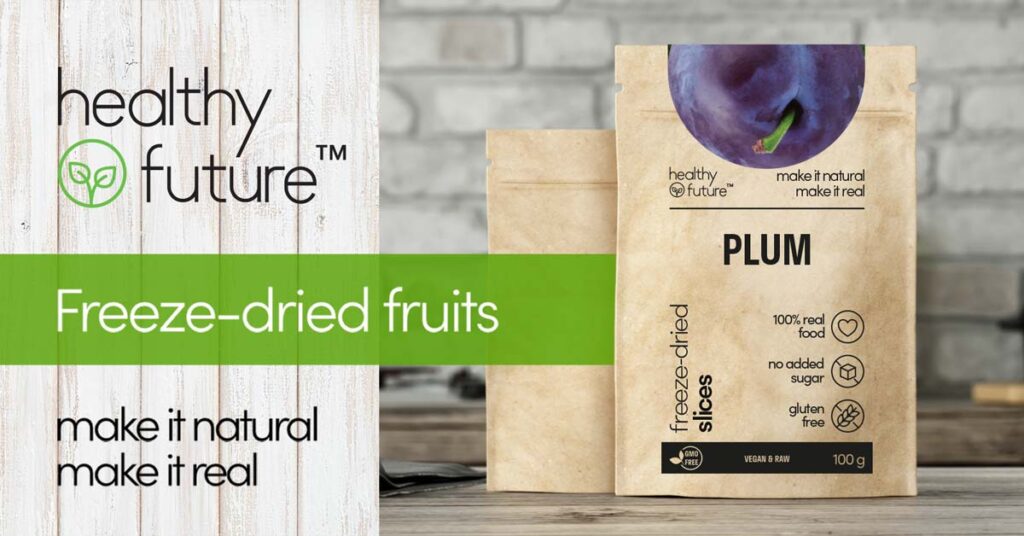
Plums and mood improvement
In the vast symphony of nature’s gifts, plums strike a melodious chord, echoing their potential to elevate the human spirit and mood. Beyond their inviting appearance and mouth-watering taste, these orbs of delight extend their reach into the realms of cognitive health and emotional well-being.
The radiant plum, with its deep spectrum of hues, encapsulates an abundance of antioxidants, notably anthocyanins. These potent molecules venture beyond just safeguarding cells from oxidative stress; they play a pivotal role in the brain’s neural pathways, fostering resilience against mood-related disturbances.
One must not overlook the magic of quercetin, a compound found generously in plums. Known for its anti-inflammatory properties, quercetin assists in combating neuroinflammation, an insidious player in mood disorders. By keeping inflammation in check, plums pave the way for a serene and balanced emotional landscape.
Moreover, the fibre in plums ensures a balanced dance of gut bacteria, influencing the gut-brain axis. This intricate communication pathway has garnered attention for its influence on mood and mental health. A happy gut, courtesy of the plum, could very well translate into a happier mind.
In a world where the cacophony of stress and anxiety seems relentless, let the gentle whisper of plums remind you of nature’s simplicity and power. Incorporate them into your diet, and let their nourishing properties be an ode to a brighter, uplifted mood.
Plums and osteoporosis
Plums, nature’s sweet offering, resonate with the promise of stronger bones and a fierce combat against osteoporosis. Rich in polyphenols, these delightful fruits champion the cause of bone health, inhibiting bone resorption and promoting bone formation. Their notable content of vitamin K, an unsung hero in bone metabolism, further enhances calcium retention in bones, fortifying their density.
In addition, plums’ abundance of antioxidants steps forward in safeguarding bones from oxidative stress, a subtle yet profound assailant in osteoporosis. Their symphony of nutrients thus plays a harmonious rhythm that echoes across the architecture of our bones, rendering resilience against the tide of time and fragility. In the embrace of plums, experience a steadfast ally in nurturing the fortress of your skeletal system.
Freeze-dried plums in the kitchen
The versatile plum has made a delightful mark in kitchens worldwide, embracing sweet and savoury concoctions with equal grace. These fruits breathe life into various forms of sweet preserves, performing exceptionally as sumptuous fillings for pancakes or simply spread over a slice of bread. In the presence of plums, even heavily indulgent dishes such as stews and roasts unveil a refined edge, a testament to the fruit’s acidity that gracefully counters excessive richness, bringing balance and digestibility to the meal.
Freeze-dried plums open a gateway to culinary innovation, allowing the delicious and nutritious qualities of this vibrant fruit to be enjoyed year-round. By undergoing the freeze-drying process, plums retain much of their nutritional value, offering a concentrated dose of antioxidants, vitamins, and minerals, albeit in a lighter, more convenient package.
- Unleashing Creativity: Freeze-dried plums provide a fantastic medium to unleash culinary creativity. Their unique texture and intensified sweetness make them a delightful addition to various dishes, from smoothie bowls and oatmeal at breakfast to salads and desserts. The opportunity to sprinkle plum pieces directly or rehydrate them quickly broadens their usability, making them a versatile ingredient in the kitchen.
- A Touch of Sweetness: In the realms of confectionery and baking, freeze-dried plums act as a delightful companion. They can be integrated into cookies, muffins, cakes, and other baked goods, lending a sweet, tangy flavour that adds complexity and richness to each bite. Their concentrated flavours enhance the sensory experience, offering an extraordinary depth of taste.
- Savoury Explorations: The freeze-dried form also brings a fresh perspective to savoury dishes. Their addition to sauces, stuffings, and marinades contributes a subtle sweetness, enriching the overall flavour profile. When paired with meats or used as a garnish in salads, freeze-dried plums create a delightful contrast, enhancing the dish’s visual and taste appeal.
- Healthful Snacking: For those seeking nutritious snack options, freeze-dried plums emerge as a wonderful choice. Easy to store and carry, they become a readily available snack to satisfy sweet cravings, providing a healthful alternative to conventional sugary snacks. Their retained nutritional value ensures that each bite is packed with beneficial compounds promoting overall well-being.
- Practicality and Preservation: The practicality of freeze-dried plums is undeniable. Their longer shelf-life, combined with the preservation of most nutritional elements, makes them a valuable asset in every kitchen. They stand as a ready-to-use ingredient, easy to incorporate in various culinary creations without the need for extensive preparation.
Freeze-dried plums cultivate a realm where convenience marries tradition, and nutrition partners with taste. They allow for a continuity of culinary explorations, keeping the delightful essence of plums continually within reach, fostering a space where culinary creations are infused with the unique attributes of this cherished fruit.
Freeze-dried plums, rich in antioxidants and nutrients, present a versatile and delightful way to enhance our daily diet. Their dehydrated form locks in the essential vitamins and minerals, providing a powerful punch of health benefits in each serving. Convenient and tasty, freeze-dried plums can effortlessly be incorporated into various recipes, snacks, or even used as a unique garnish, enabling us to embrace a nourishing and vibrant lifestyle effortlessly. With their delightful taste and robust nutritional profile, freeze-dried plums ensure that each meal is a stride towards improved well-being and culinary delight.
Plums and skin condition
Embark on a journey towards radiant skin with plums, guardians of your skin’s vitality and grace. Brimming with vitamins, minerals, and antioxidants, plums defend the skin against environmental aggressors, ensuring its vigour. Their generous vitamin C content encourages collagen synthesis, enhancing the skin’s elasticity and diminishing the appearance of wrinkles. Moreover, the potent antioxidants wage a war against free radicals, minimising signs of ageing and maintaining the skin’s youthfulness.
Plums also grace the skin with hydration, promoting a soft, plump, and nourished appearance. The phytonutrients present in plums encourage a clear complexion, discouraging acne and skin irritations. In the embrace of plums, discover an ally that ardently supports the health and beauty of your skin, guiding it through a journey of rejuvenation and timeless elegance.
Plums as a natural prebiotic
Discover the gentle embrace of plums in nurturing a healthy gut flora. Plums, often celebrated for their delightful taste and antioxidant richness, also flourish as a natural prebiotic. Their flesh and skin cradle an abundance of dietary fibres that kindly foster the growth and vitality of beneficial gut bacteria. In the orchestra of the gut, plums conduct a harmonious balance, encouraging a symphony of beneficial microbial activities.
This contributes to a robust digestive system, enhancing nutrient absorption and bolstering immune defences. By encouraging the flourishing of friendly bacteria, plums gently navigate the gut towards a haven of well-being, assisting in the maintenance of a harmonious digestive rhythm and the prevention of gastrointestinal discomforts. In the heart of plums lies tender care for your gut’s microbiome, guiding it through paths of balance and thriving vitality.
Plums and positive impact on cognitive functions
Plums, with their delightful sweetness, also bring a banquet of benefits that cater particularly to cognitive health. These fruits are enriched with antioxidants such as quercetin and anthocyanins, which display a remarkable aptitude for shielding brain cells from oxidative damage, hence promoting cognitive longevity and resilience against neurodegenerative disorders. Their vitamin-rich composition, boasting an abundance of vitamins C and K, further consolidates neurological health, enhancing memory and cognitive function.
The presence of phytonutrients in plums also plays a vital role in reducing inflammation within the brain, fostering an environment conducive to mental clarity and robust cognitive function. As part of a balanced diet, plums can prove to be a significant contributor to the maintenance of cognitive vitality, bolstering memory and mitigating the risks associated with age-related cognitive decline. In the delightful embrace of their sweetness, plums carry the promise of a mind enriched and preserved against the ravages of time.
Plums and the digestive system
Embark on a journey through the digestive symphony orchestrated by plums. Nature’s delightful gems, plums are renowned conductors in the realm of digestive harmony. Their essence is infused with fibres and sorbitol, elements that resonate with the rhythms of digestion, facilitating smooth bowel movements and alleviating constipation. Plums’ eloquent composition fosters a nurturing environment in the gastrointestinal tract, promoting the flourish of beneficial microbes and supporting a balanced gut flora.
This contributes to an optimally functioning digestive system, where nutrients are effectively absorbed, and discomforts like bloating and gas are minimised. By partaking in the gentle embrace of plums, one invites a cascade of beneficial influences that echo through the digestive tract, manifesting in enhanced comfort and wellbeing. Dive into the embrace of plums, and allow their nurturing qualities to harmonise and support your digestive journey.
Plums and menopause
Navigating through menopause? Consider incorporating plums into your diet. These succulent fruits are rich in phytoestrogens—plant compounds that may help manage fluctuating hormone levels by mimicking the activity of oestrogen. With their high content of antioxidants and vitamins, plums may aid in alleviating common menopausal symptoms such as hot flushes, mood swings, and bone density reduction. Furthermore, the fibre in plums supports digestive health, often compromised during menopause. By embracing plums, you could avail a natural remedy that potentially smooths the menopausal journey, supporting your body’s adjustment to this significant life transition.
You can reach for these seasonal fruits any time you want!
We pick only the finest, wholesome raspberries and freeze-dry them, in order to preserve their original flavour and nutritional content.
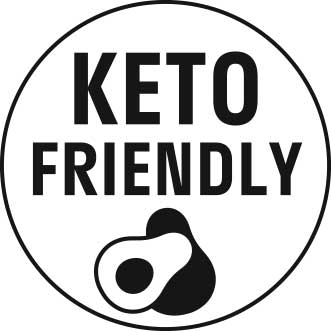
Plums – anti-cancer properties
Explore the potency of plums in championing cancer prevention. Adorned with a wealth of antioxidants such as anthocyanins and quercetin, plums emerge as formidable foes against cancerous cells. These phytonutrients are instrumental in quelling inflammation and oxidative stress, both notorious culprits in cancer’s onset and progression. Scientific enquiries underscore plums’ capacity to disrupt the lifecycle of cancer cells, impeding their growth and multiplication.
Incorporating plums in your diet unfurls a tapestry of protective benefits, reinforcing cellular health and resilience against cancer’s malicious advances. Their delightful taste paired with powerful anti-cancer prowess makes plums a cherished ally in nurturing a robust, cancer-resistant physiological fortress. Revel in the richness of plums, and allow their protective embrace to enhance your body’s natural defences against the ominous shadows of cancer.
Laxative properties of plums
Plums boast a remarkable legacy as a natural remedy for constipation, courtesy of their generous fibre and sorbitol content. Fibre nurtures a healthy digestive system by promoting regular bowel movements, while sorbitol, a natural sugar alcohol, further enhances plums’ laxative properties. Consuming plums or their dried variant, prunes, helps to soften the stool, making it easier to pass, and thus providing relief from constipation.
This sumptuous fruit, hence, stands as a guardian of gut health, offering a gentle, natural alternative to over-the-counter laxatives. Embracing plums as a dietary staple not only offers delightful taste experiences but also fosters a harmonious digestive rhythm, alleviating discomfort and heralding a sense of lightness and digestive well-being. Dive into the delicious world of plums and allow their natural laxative prowess to cultivate an environment of digestive tranquillity and regularity.
Potent antioxidant properties in plums
Plums are a vibrant source of antioxidants, compounds that combat oxidative stress and inflammation, bolstering the body’s defences against a myriad of diseases. Rich in phenolic compounds and Vitamin C, plums act as a guardian against cellular damage inflicted by free radicals, contributing to longevity and robust health. These antioxidants enhance immune system efficacy, protect against age-related cognitive decline, and reduce the risk of chronic conditions such as heart disease and cancer.
Additionally, the presence of quercetin in plums supports anti-inflammatory functions, proving instrumental in attenuating symptoms related to inflammatory ailments. By incorporating plums into one’s diet, an individual nurtures a systemic environment conducive to optimal function and resistance against the encroachments of various health adversities. Thus, plums are not merely a sweet indulgence but a formidable ally in the preservation of health and vitality through their potent antioxidant arsenal.
Antibacterial properties of plums
Plums, these succulent fruits, not only tantalise the taste buds but also harbour potent antibacterial properties. Rich in phenolic compounds and various antioxidants, plums exhibit a formidable defence against a spectrum of bacteria, contributing to a bolstered immune system. These natural defenders, present within the juicy realms of plums, disrupt the livelihood of harmful bacteria, curating a more fortified internal environment.
In the intricate dance of maintaining bodily health, plums take a remarkable stance, fostering resilience against bacterial adversaries. Their contribution goes beyond merely satisfying culinary desires, stepping into a realm where they act as guardians against bacterial invasions, thus enhancing the body’s intrinsic ability to preserve its healthful state. Including plums in one’s diet is not just a feast for the palate, but also a strategic move to utilise nature’s arsenal against bacterial challenges, promoting overall well-being.
Plums – Contraindications
Try our Freeze Dried Plums
-
Freeze Dried Plum Slices
£8.80 – £43.75 Select options This product has multiple variants. The options may be chosen on the product pageRated 0 out of 5
Guilt-free food for taste!

